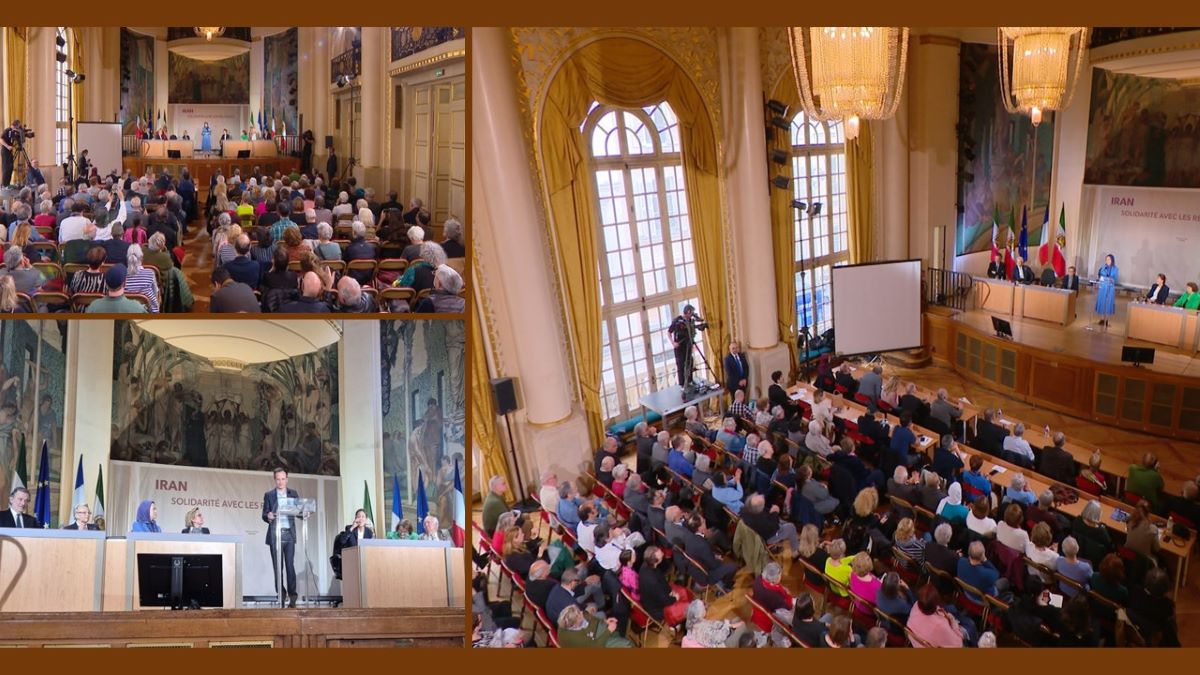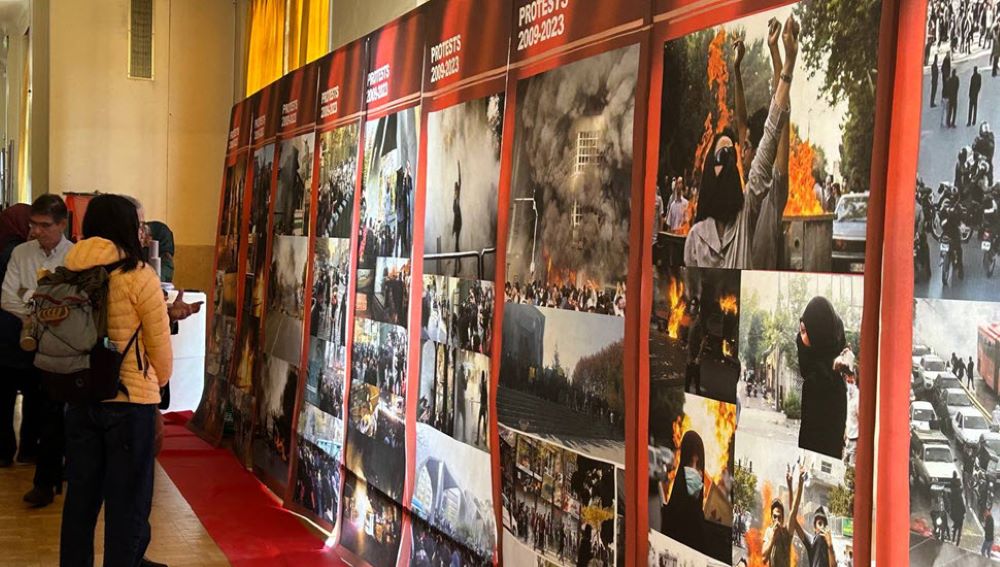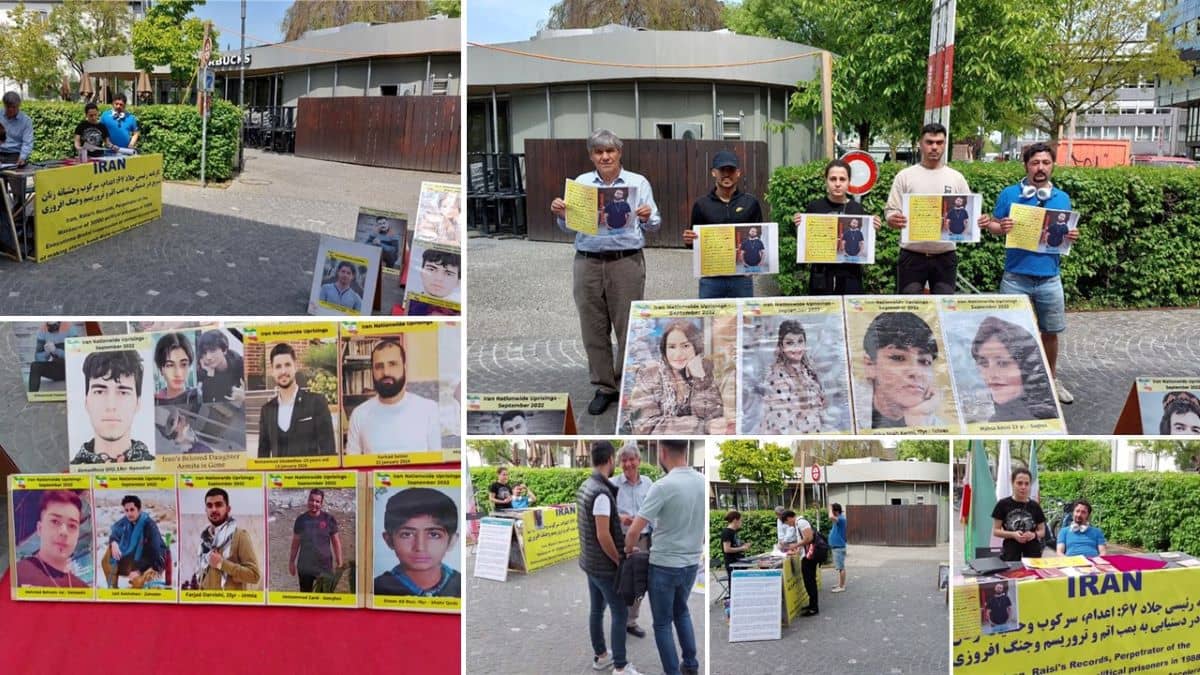Across Iran, farmers and factory workers have been protesting high prices and unpaid salaries that leave farmers struggling to make money from their businesses and factory workers unable to afford food to put on their table.
Iranian farmers from Hashtbandi in Hormozgan province went on strike on Sunday to protest the low purchase price of onions. One farmer protesting said the low purchase price was driving them to bankruptcy.
He said: “No one supports farmers. The prices of fertilizer and pesticide and everything else has skyrocketed, but farming produce is being purchased from farmers at the same price, which has driven the lives of farmers into misery.”
On Monday, March 8, at a petrochemical factory in Mahshahr, workers held a protest rally in front of the city governor’s office to protest the delay in them being paid their wages and relay their concern of the lack of implementation of labor classification law, which would require employers to adjust the salaries, bonuses, and benefits of their workforce. During the protest, the workers held a banner that read: “Listen to the workers’ demands. We can’t feed our families.”
The same day, in Nourabad, Arak, railway workers stopped working and went on strike to protest not receiving their salaries.
In the capital city of Tehran, customers of the car manufacturing company, Azvico, gathered in front of the offices of the government’s Industry, Mining, and Trade Ministry. These protesters were just some of the company’s customers who had pre-purchased 6,000 vehicles from Azvico in 2018, but still hadn’t received the cars they had purchased. After two years of delay, with little word on where the cars were, Azvico announced in 2020 that they will not be producing the cars and gave no word of whether the customers will be reimbursed for the money they paid.
In other news, in the run-up to Persian New Year on March 20, the regime’s state-run media has announced an increase in food item prices.
The Vatan-e Emrooz daily wrote on Monday: “According to the latest figures by the Statistics Center, the point-to-point inflation of food items in February has reached more than 60 percent…this shows that the people’s living conditions are not in a suitable state.”
The Ebtekar newspaper acknowledged that the poor conditions of Iranian workers and the different segments of society are the result of the regime not having a vision for fundamental developments and the focus on short-term solutions.





